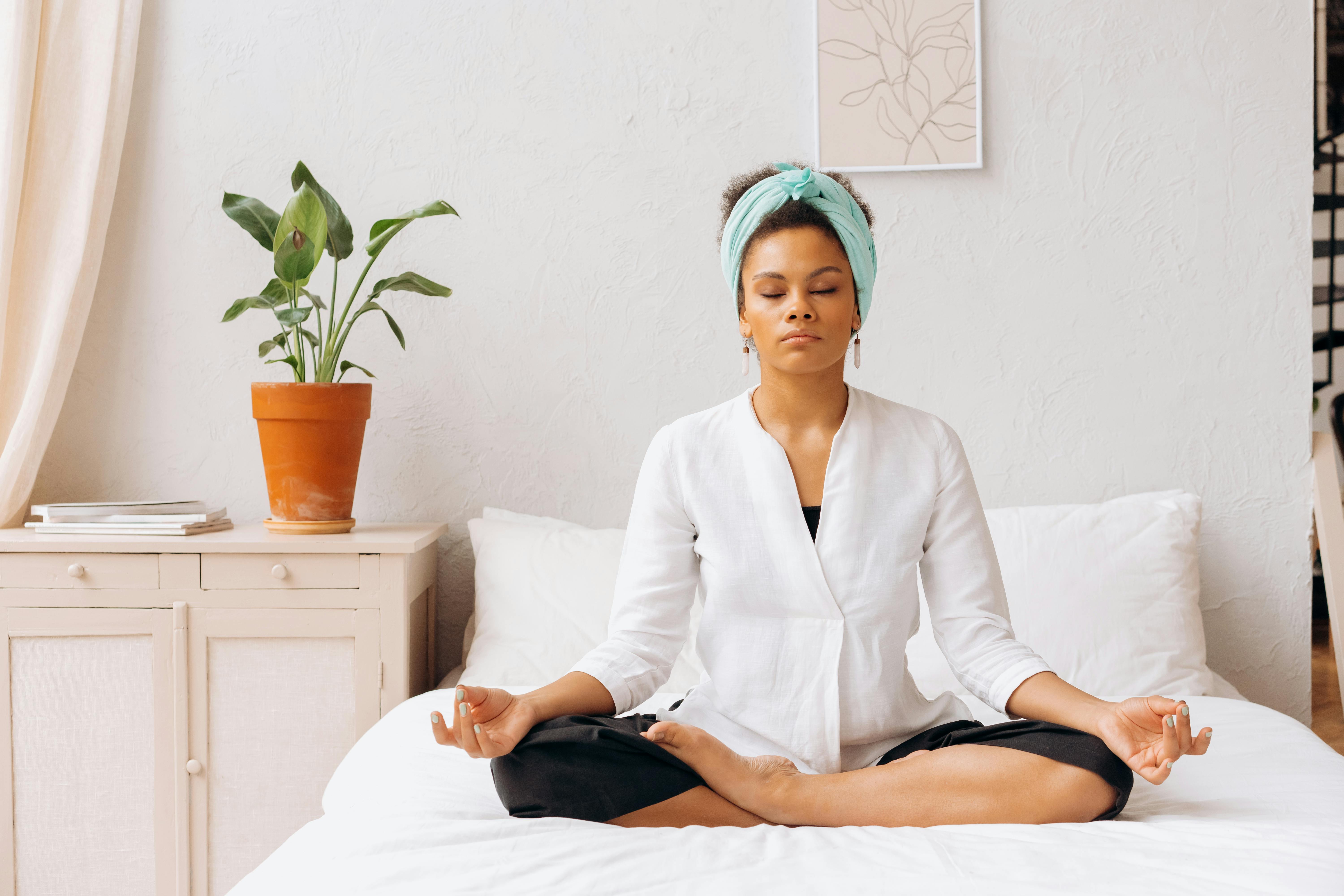Do you have a hard time getting out of bed in the morning?
What is your reaction when the alarm clock goes off in the morning? Do you automatically hit the snooze button and desperately long for another 10 minutes of peace? When we read that 90% of adults say they don’t get enough sleep and that stress and sleep-related problems cost UK businesses £ 40bn last year, it’s no wonder the advice about sleep get so much attention in the media.
In fact, a new sleep disorder has received a lot of coverage recently. Called Dysania, it is a condition whereby patients are so fatigued and weakened that they have trouble getting out of bed in the morning, sometimes staying in bed for days. So far there are no figures available that reveal the prevalence of this condition, but there are certainly aspects related to stress, depression, chronic fatigue syndrome and pain disorders.
Even those of us who do not suffer from dysania may find that when we are too tired or unhappy with the quality of our sleep, we may feel anxious to go to bed and sleep. A vicious cycle can ensue in which we worry and even become obsessed with our sleep; How many hours did we get, how often did we wake up, how long did it take us to fall asleep?
Here are some tips for those times when you have a hard time getting out of bed in the morning;
– Establish a regular routine where our goal is to go to bed regularly and get up at the same time every day is advisable. Even shift workers, often with erratic patterns and at bedtime, are advised to be consistent and keep similar schedules to maintain some stability in their sleep patterns and in their lives. That way, their minds and bodies will get used to a regular schedule.
– Avoid too much excitement and stimulation, especially before bedtime. Maintaining a hectic social life may sound like fun, but it can wreak havoc on your sleeping patterns. Try to minimize having too many nights when you are working the next day. Have serious or intense discussions for a more viable and convenient time for both of you. Talking about difficult topics is often less helpful when both of you are stressed, worried, or worried about the day ahead.
– Manage stress knowing your own indicators of stress, those warning signs or ‘amber lights’ that happen when you start to feel a little fractured. nervous or out of color. You will have your own personal signs that your stress levels are getting too much for you to comfortably handle, and at such times your quality of sleep may suffer. It can be difficult to fall asleep, you sleep irregularly, you often wake up or wake up in the morning feeling jaded, unrested, and have a hard time getting out of bed in the morning.
– When you find yourself feeling this way, it’s time to schedule some positive breaks and control stress levels. Take an hour or even an afternoon to yourself and watch your performance improve as a result. Eat healthy food, drink more water, take a leisurely shower, get in the habit of turning off your tech a couple of hours before bed. Find ways to start taking good care of yourself, manage stress, and find that sleep becomes more beneficial as you begin to go to bed a little earlier, making sleep an important part of your commitment to self-care.
– Get as much natural light and fresh air as you can in the winter months. Try taking a walk at lunchtime or sitting in a park or garden for 20 minutes with a book. Also some people like to have a lamp that gradually turns on as the day unfolds.
Many of us lead busy lives, cramming as much as possible each day and then crashing into bed, exhausted, our minds racing. By treating sleep as important and finding effective ways to manage stress, we can begin to realize the value of a good night’s sleep and how much it influences our ability to get out of bed in the morning.
Getting ready for bed by turning off the technology two hours before bed and taking a relaxing bath or shower, making sure to have a cozy and tidy bedroom and a comfortable bed, all shows that sleep is important to us. If sleep-related problems continue to be a problem, consider requesting a technical health inspection from your GP. But these tips can allow you to deal with some of the symptoms, irritants, manage stress, sleep better at night, and end the struggle to get out of bed in the morning.
